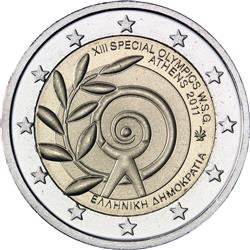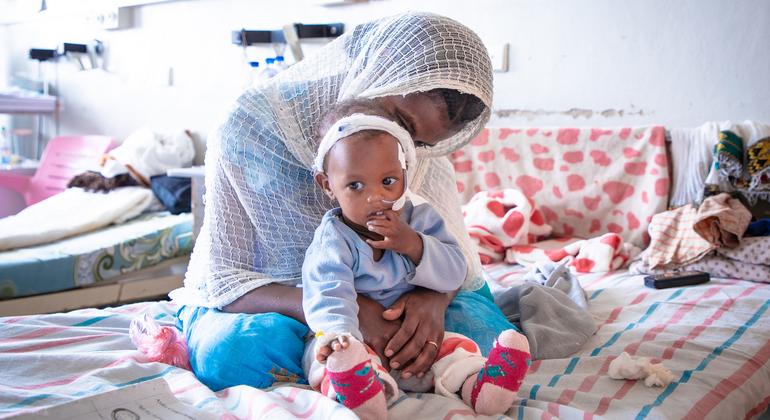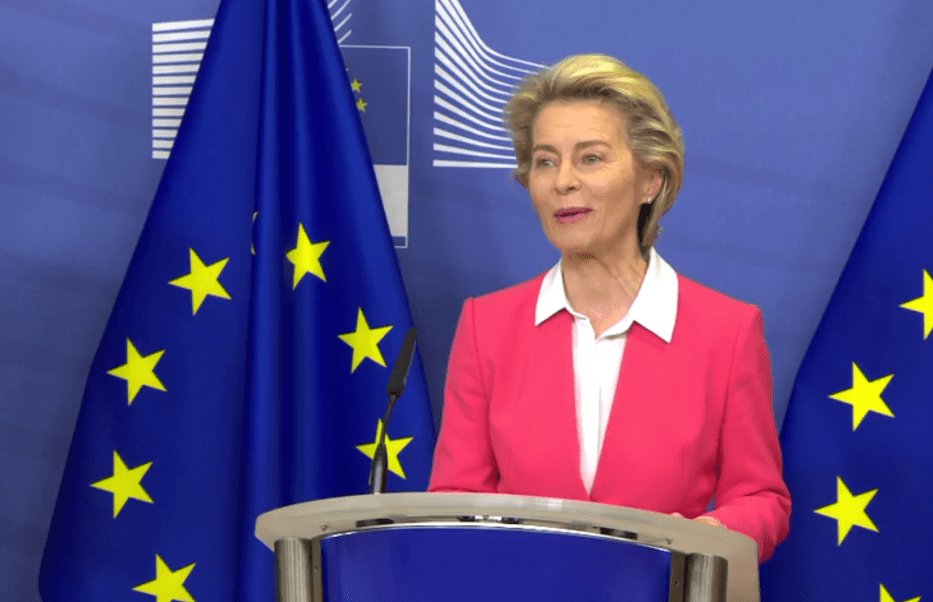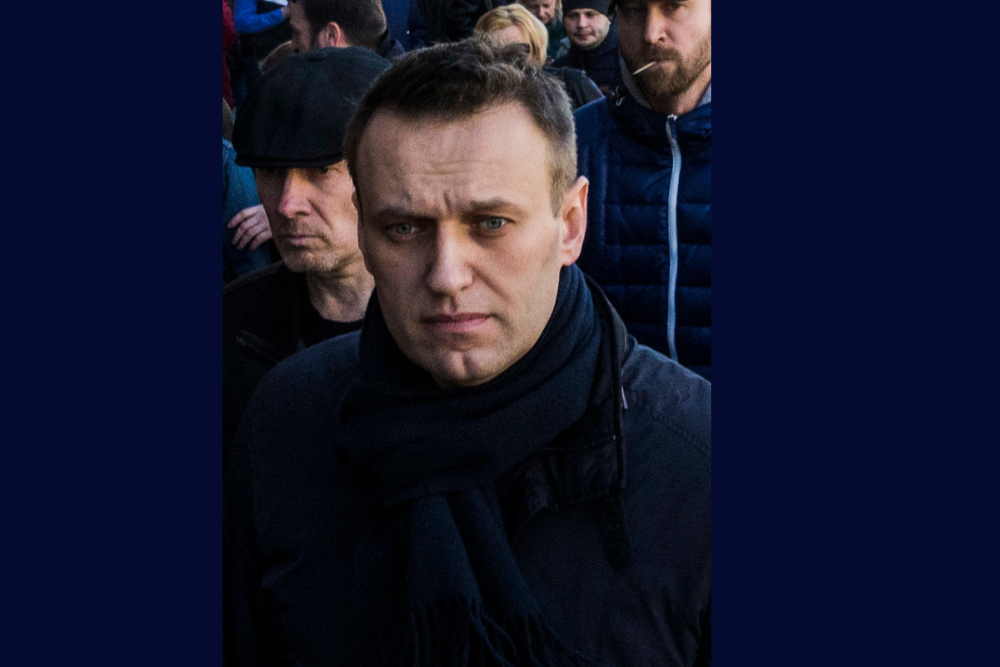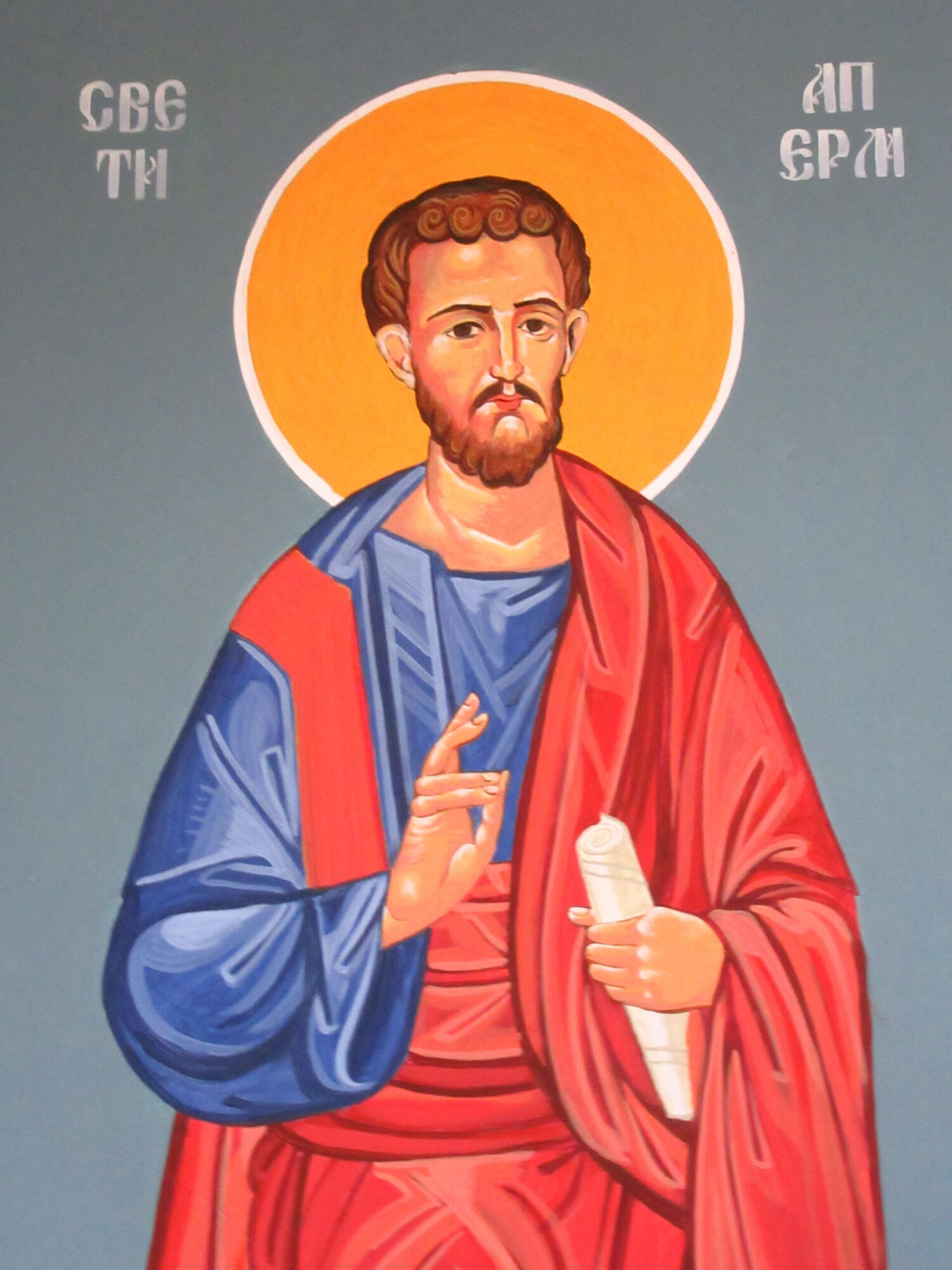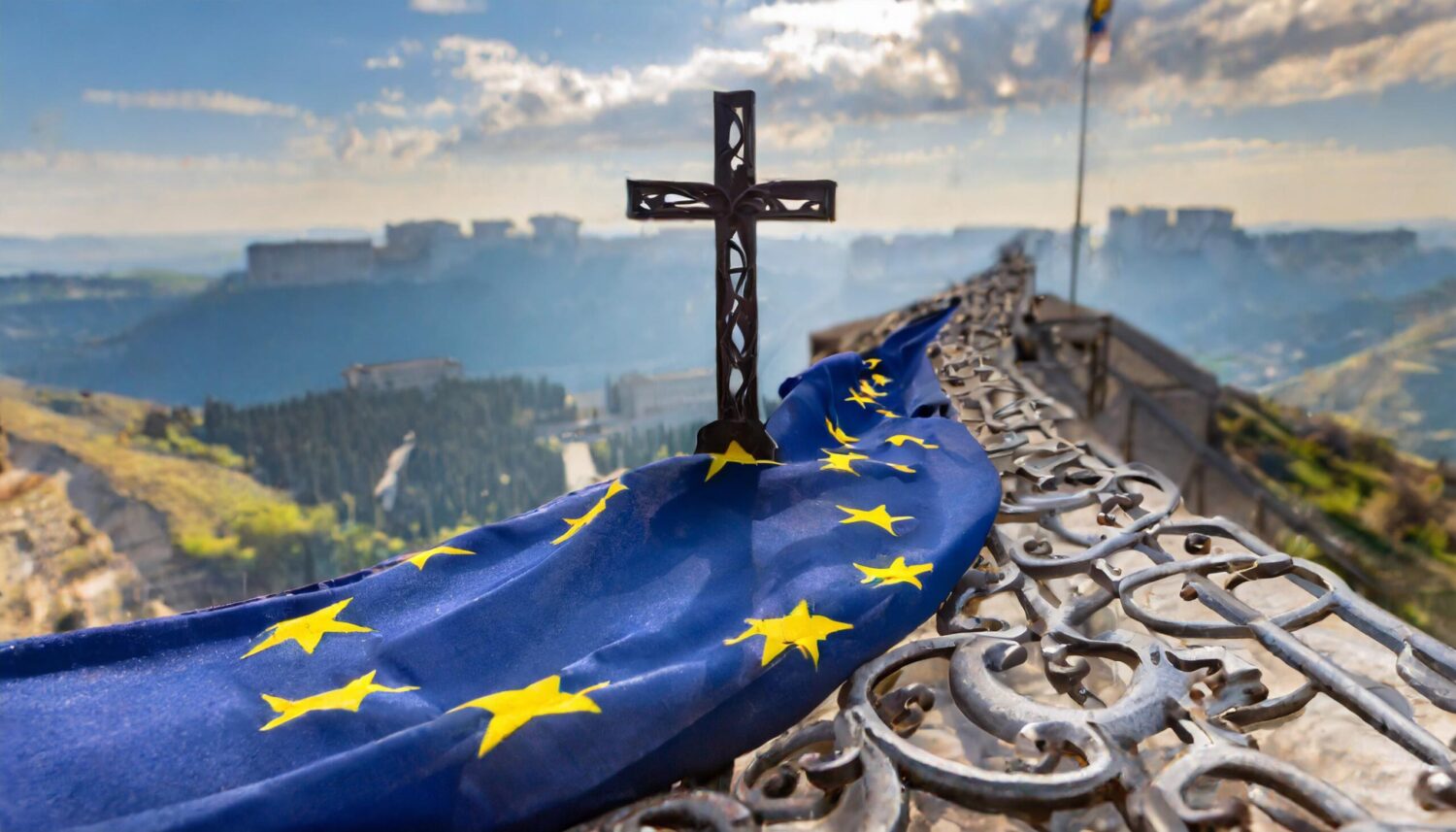This summer, Paris will be the capital not only of France, but also of world sports!
The occasion? The 33rd edition of the Summer Olympics, hosted by the city, is expected to attract over 15 million people from around the world eager to witness new sporting records and achievements.
To mark the upcoming event, France has released a series of 3 commemorative €2 coins dedicated to the Olympic Games.
Which other member states have issued special sports-themed euro coins over the years and what is the story behind each one?
1) 100 years of basketball in Lithuania
The first official basketball meeting in the country is believed to have taken place on April 23, 1922. The image shows in the center the outline of the map of Lithuania represented as a basketball court. The coin also features the inscriptions “LIETUVA” (Lithuania), “1922-2022” and the Lithuanian Mint logo, located in a semicircle around the center. The 12 stars of the European Union are depicted on the outer ring of the coin.
Mintage: 750,000 coins
2) Portugal’s participation in the 2020 Tokyo Olympics.
The coin features a stylized image of the symbol of the National Olympic Committee of Portugal. Around it are written the words “Portugal nos Jogos Olímpicos de Tóquio’20 2021”.
Mintage: 500,000 coins
3) Ski World Cup Finals 2019
The 2019 Ski World Cup Finals took place in the Principality of Andorra from 11 to 17 March 2019. For Andorra, it is one of the most prestigious winter sports events ever held in the country and a turning point in its history as a sports destination.
The coin features a skier descending a slope in the foreground. In the background, four curved lines from the official logo of these ski world cup finals represent the slopes on which the competition takes place. Several snowflakes complete the image along with the inscription “FINALS DE LA COPA DEL MÓN D’ESQUÍ ANDORRA 2019”.
The 12 stars of the European Union are depicted on the outer ring of the coin.
Mintage: 60,000 coins
4) 100th anniversary of the birth of the famous Estonian chess grandmaster Paul Keres
The coin depicts the great Estonian chess player Paul Keres with several chess pieces. In the upper left, in a semicircle, is the inscription “PAUL KERES”. Under it, the name of the issuing country “EESTI” and the year of issue – “2016” are located in two lines.
The 12 stars of the European Union are depicted on the outer ring of the coin.
Mintage: 500,000 coins
5) Portugal at the 2016 Rio Olympics.
The coin features an image based on the famous artwork of the author Joanna Vasconcelos “The Heart of Viana”, inspired by the traditional jewelry of Northern Portugal (around the city of Viana do Castelo). It symbolizes the support of the Portuguese people for the national team at the Olympic Games. To the left and right of the semicircle are the inscriptions “JOANA VASCONCELOS” and “EQUIPA OLÍMPICA DE PORTUGAL 2016” respectively. At the bottom is the mint mark “INCM”.
The 12 stars of the European Union are depicted on the outer ring of the coin.
Mintage: 650,000 coins
6) Belgium at the 2016 Rio Olympics.
The inner circle of the coin depicts, from top to bottom, a stylized human figure, the five Olympic rings and the inscription “TEAM BELGIUM”. On the left side of the coin is an inscription indicating the year “2016”. On the right side of the coin, between the Brussels mintmark (helmeted head of the archangel Michael) and the mintmaster’s mark, is the inscription “BE”, indicating the nationality.
The 12 stars of the European Union are depicted on the outer ring of the coin.
Mintage: 375,000 coins
7) The 2016 European Football Championship.
The fifteenth European Football Championship was held in France from June 10 to July 10, 2016. The winner of the competition was awarded the Henri Delaunay Cup in miniature format, named after the initiator of the competition.
The image of the coin features the Henri Delaunay bowl in the center of an outline depicting the map of France, together with the two hallmarks of the Paris Mint. The designation “RF” (République Française – French Republic) is located to the right of the map of France, and the name of the competition “UEFA EURO 2016 France” is located above it. Below the card in the foreground is a ball. In the background of this ensemble are graphic elements representing the competition.
The 12 stars of the European Union are depicted on the outer ring of the coin.
Mintage: 10 million coins
8) 75 years in memory of Spiros Louis – the first Olympic champion in the marathon in the history of the modern Olympic Games
Spiros Louis and the cup he won are depicted in the background of the Panathinaiko Stadium. On the edge of the inner part of the coin there are two inscriptions in Greek – “REPUBLIC OF GREECE” (the name of the issuing country) and “75 YEARS IN MEMORY OF SPIROS LOUIS”. The year of issue “2015” is inscribed above the bowl, and a palmette (the mark of the Greek mint) is placed to the right. The artist’s monogram (Yorgos Stamatopoulos) is placed at the bottom of the image.
The 12 stars of the European Union are depicted on the outer ring of the coin.
Mintage: 750,000 coins
9) 150 years since the birth of Pierre de Coubertin, initiator of the revival of the Olympic Games and first president of the International Olympic Committee
In the inner circle of the coin is the face of the young Pierre de Coubertin against a background of stylized Olympic rings. They are a framework for silhouettes symbolizing the Olympic sports. To the left of the portrait, the letters “RF” denoting the issuing country are located above the year of issue “2013”. The name “PIERRE DE COUBERTIN” is inscribed along the upper edge of the inner circle of the coin.
The 12 stars of the European Union are depicted on the outer ring of the coin.
Mintage: 1 million coins
10) World Summer Special Olympics Games – “Athens 2011”
The first minted commemorative €2 coin is dedicated to the return of the modern Olympic Games to their homeland – Greece.
The 12 stars of the European Union, located on the outer ring of the coin, surround an image of an antique statue representing a discus thrower at the moment of swing. The base of the statue continues onto the outer ring of the coin. The logo of the Olympic Games “ATHENS 2004” with the five Olympic rings is on the left, the number “2” above the word “ΕΥΡΩ” is on the right. The year of issue, in the middle of the lower part of the coin, is separated by a star as follows: 20*04. The mintmark is located at the top left of the athlete’s head.
The 2011 Special Olympics World Summer Games were held during Summer 2011 in Athens, Greece, from 25 June to 4 July 2011. Special Olympics is a non-profit organization that was officially founded in 1968, giving form to the vision of it’s founder, Eunice Kennedy-Shriver (1921-2009), sister of USA President John F Kennedy. The center of the coin shows the emblem of the Games, a radiant sun the source of life that underlines the excellence and power of the athlete that takes part in the Games. Excellence is depicted in the olive branch and power in the spiral form in the center of the sun. Around the image is written the sign XIII SPECIAL OLYMPICS W.S.G. ATHENS 2011 as well as the issuing country
Mintage: 1 million coins
11) Second Lusophone games
The coin was issued on the occasion of the 2009 games for Portuguese-speaking countries. It depicts a gymnast spinning a long ribbon in a spiral. The Portuguese coat of arms and the name of the issuing country – “PORTUGAL” are located in the upper part. At the bottom is the inscription “2.os JOGOS DA LUSOFONIA LISBOA”, between the initials “INCM” to the left and the artist’s name “J. AURÉLIO’ on the right. The year “2009” is written above gymnastics.
The outer ring of the coin features the 12 stars of the European Union on a background of concentric circles.
Mintage: 1.25 million coins
Photo: Greece 2 euros 2011 – XIII Special Olympics World Summer Games.
Diameter: 25.75mm Thickness – 2.2mm Weight – 8.5gr
Composition: BiAlloy (Nk/Ng), ring Cupronickel (75% copper – 25% nickel clad on nickel core), center Nickel brass
Edge: Edge lettering (Hellenic Republic), fine milled
Comments – Designer: Georgios Stamatopoulos
Legend: XIII SPECIAL OLYMPICS W.S.G. ATHENS 2011 – HELLENIC REPUBLIC
Issue date: June 2011



